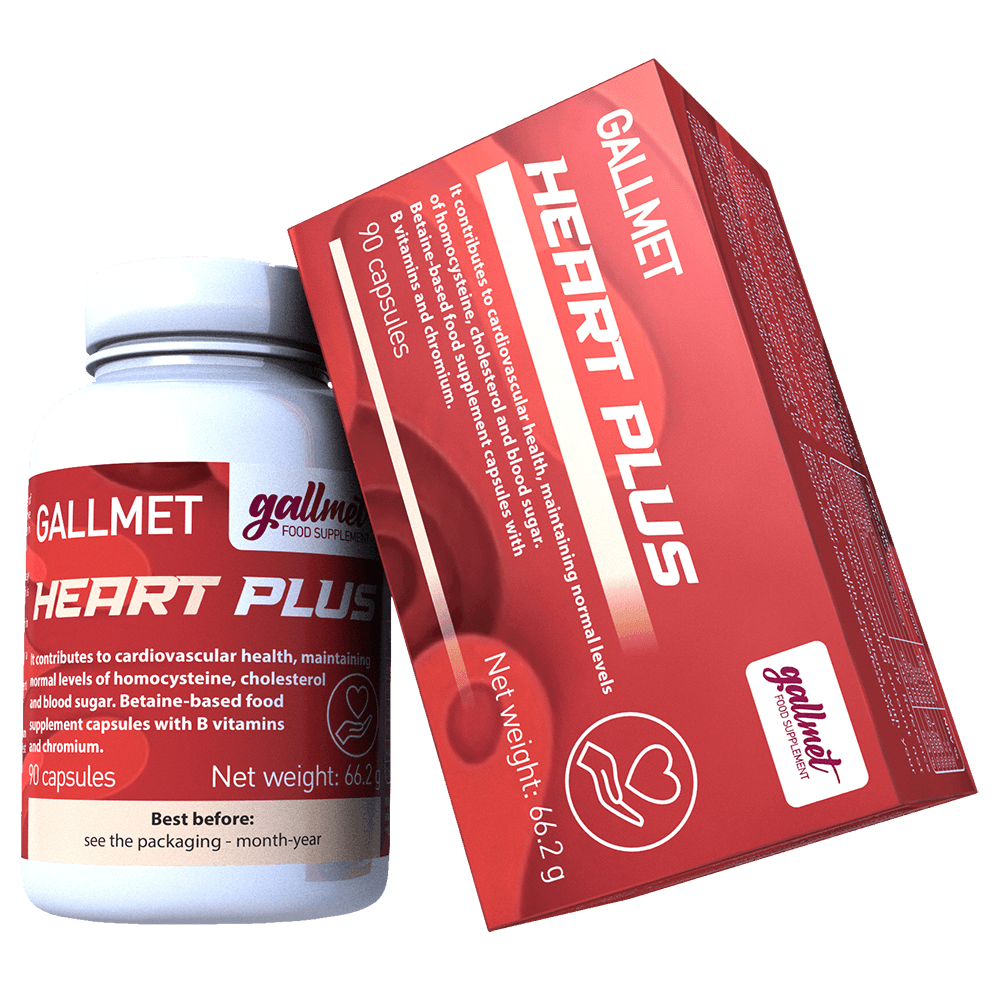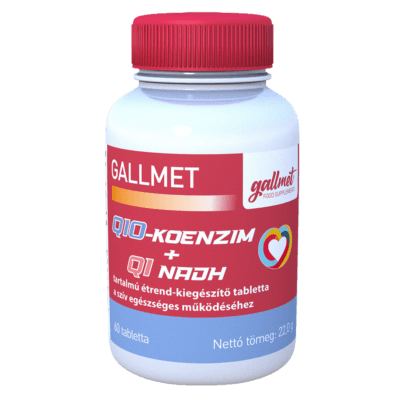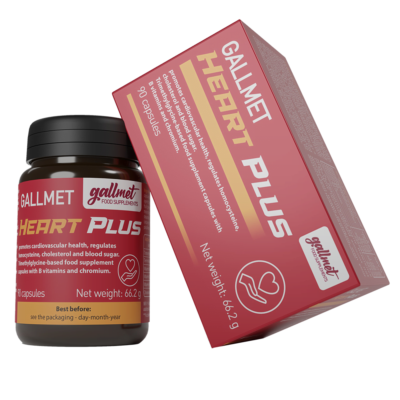Folic acid or folate - what's the difference?

Folate and folic acid are different forms of vitamin B9
Although there is a definite difference between the two and their physiological effects are different, the names are often used interchangeably, and even among professionals there is confusion between folate and folic acid.
Folate is a natural form of vitamin B9 and an essential nutrient.
Folic acid is a synthetic form of vitamin B9, also known as pteroyl monoglutamic acid.
Folate (vitamin B9) has many important functions in the body, such as playing a crucial role in cell growth and DNA formation.1
Low levels of vitamin B9 are associated with increased risk of a number of health conditions, including:
- Elevated homocysteine: high homocysteine levels have been associated with an increased risk of heart disease and stroke.2 This effect is related to the fact that the breakdown of proteins produces an amino acid called homocysteine, which can harden arteries, increasing the risk of heart attack and stroke. But folate reduces homocysteine levels.
- Birth defects: low folate levels in pregnant women have been linked to birth defects such as neural tube defects.3
- Cancer risk: low folate levels have also been linked to an increased risk of cancer.4
Folate is a naturally occurring, active form of vitamin B9
Its name comes from the Latin word "folium", meaning leaf. In fact, leafy vegetables are among the best sources of folate, which contains 5-methyltetrahydrofolate.
Folic acid is a synthetic form of vitamin B9, also known as pteroyl monoglutamic acid
It is used in multivitamins, food supplements and added to processed foods such as breakfast cereals. Unlike natural folate, not all folic acid is converted to the active form of vitamin B9 - 5-methyltetrahydrofolate (5-MTHF). Instead, it must be converted in the liver or other tissues.5
However, in people with the MTHFR C677T gene defect, this process is slow and inefficient.6
Even at low doses, - such as 200-400 µg per day - , the body may not be able to process the folic acid until the next dose7, so it can accumulate in the body8.
This is problematic because high levels of unprocessed folic acid have been linked to a number of health problems. Many studies suggest that chronically elevated levels of unprocessed folic acid may be associated with adverse health effects, and have been linked to an increased risk of cancer, although some studies disagree9,10.
So it is best to get vitamin B9 in the form of folate, which is readily bioavailable
What are the chances that I have inherited faulty genes?
Can my homocysteine levels be high?
What do I eat to get enough betaine, B6, B9 and B12 vitamins?
TRY GALLMET HEART PLUS CAPSULES NOW AT A SPECIAL INTRODUCTORY PRICE!
Click on the [print-me] icon to print the page
[1] Folate Health Professional https://ods.od.nih.gov/factsheets/Folate-HealthProfessional/
[2] Role of homocysteine in the development of cardiovascular disease - Paul Gangulycorresponding, Sreyoshi Fatima Alam - https://www.ncbi.nlm.nih.gov/labs/pmc/articles/PMC4326479/
[3] Maternal folic acid and multivitamin supplementation: International clinical evidence with considerations for the prevention of folate-sensitive birth defects - R.D.Wilson, D.L.O'Connor https://www.sciencedirect.com/science/article/pii/S2211335521003089
[4] Folate and Cancer: Is There Any Association? - Luciana Yuki Tomita PhD https://journals.sagepub.com/doi/10.1177/2326409816661357
[5] Absorption and blood/cellular transport of folate and cobalamin: pharmacokinetic and physiological considerations - David H Alpers, M.D. https://www.ncbi.nlm.nih.gov/pmc/articles/PMC4867132/
[6] Folic acid metabolism in human subjects revisited: potential implications for proposed mandatory folic acid fortification in the UK - Anthony J A Wright, Jack R Dainty, Paul M Finglas - https://pubmed.ncbi.nlm.nih.gov/17617936/
[7] Folic acid fortification and public health: Report on threshold doses above which unmetabolized folic acid appear in serum - Mary Rose Sweeney, Joseph McPartlin and John Scott https://www.ncbi.nlm.nih.gov/pmc/articles/PMC1839088/
[8] High concentrations of folate and unmetabolized folic acid in a cohort of pregnant Canadian women and umbilical cord blood - - Lesley Plumptre, Shannon P Masih, Anna Ly, Susanne Aufreiter, Kyoung-Jin Sohn, Ruth Croxford, Andrea Y Lausman, Howard Berger, Deborah L O'Connor, Young-In Kim https://pubmed.ncbi.nlm.nih.gov/26269367/
[9] Folic acid supplements and colorectal cancer risk: meta-analysis of randomized controlled trials - Tingting Qin, Mulong Du, Haina Du, Yongqian Shu, Meilin Wang, and Lingjun Zhu https://www.ncbi.nlm.nih.gov/pmc/articles/PMC4487230/
[10] Unmetabolized Folic Acid, Tetrahydrofolate and Colorectal Adenoma Risk- Judy R Rees, Carolyn B Morris, Janet L Peacock, Per M Ueland, Elizabeth L Barry, Gail E McKeown-Eyssen, Jane C Figueiredo, Dale C Snover and John A Baron https://www.ncbi.nlm.nih.gov/pmc/articles/PMC5544920/
All health recommendations related to homocysteine level

Homocysteine
About homocysteine - a little biochemistry and history

Circulatory disorders
Association of cardiovascular diseases with homocysteine levels

Diabetes
Association between diabetes and blood homocysteine levels

Metabolic syndrome
Association between metabolic syndrome and homocysteine levels

Gout
Association of gout with kidney damage and homocysteine levels in the blood

Neuro-degenerative diseases
In case of Alzheimer's disease, Parkinson's disease and dementia

Coronavirus infection
Association between severe coronavirus infection and high homocysteine levels

Cancer
Association of cancer with insufficient vitamin B9 utilisation

Folic acid or folate
Folic acid or folate - what's the difference?







